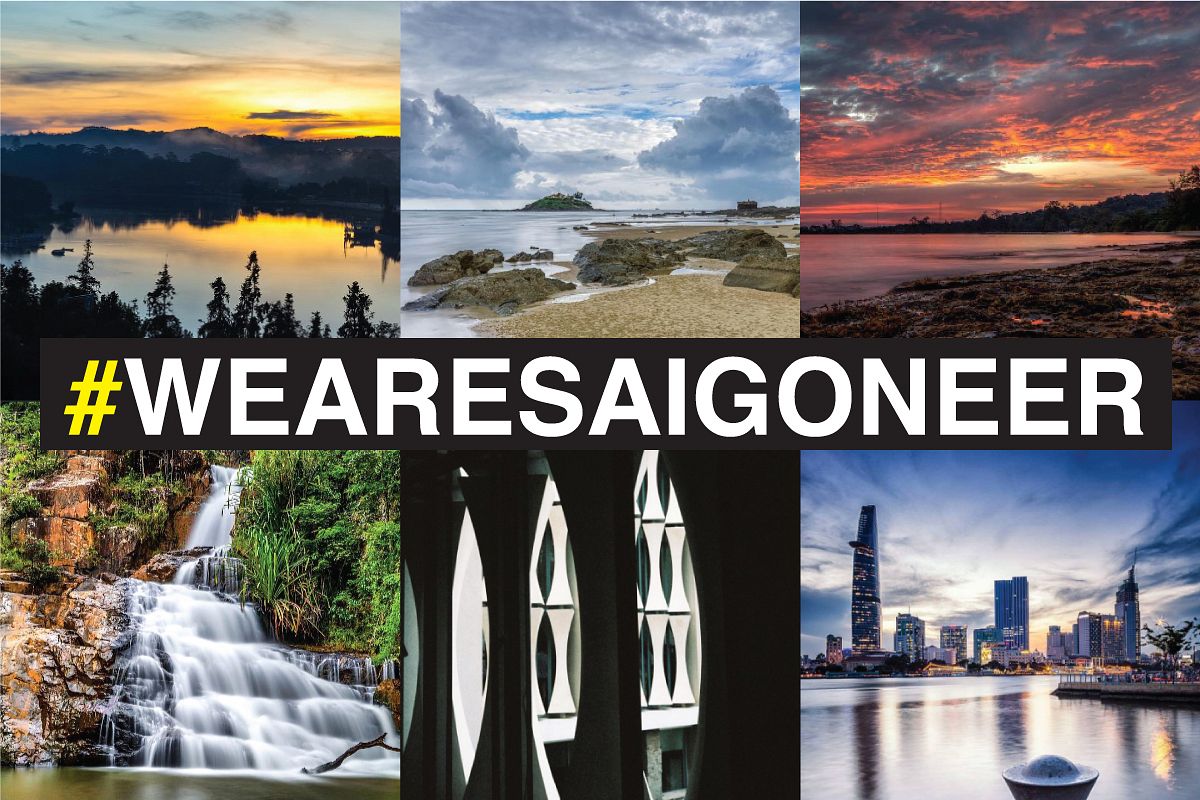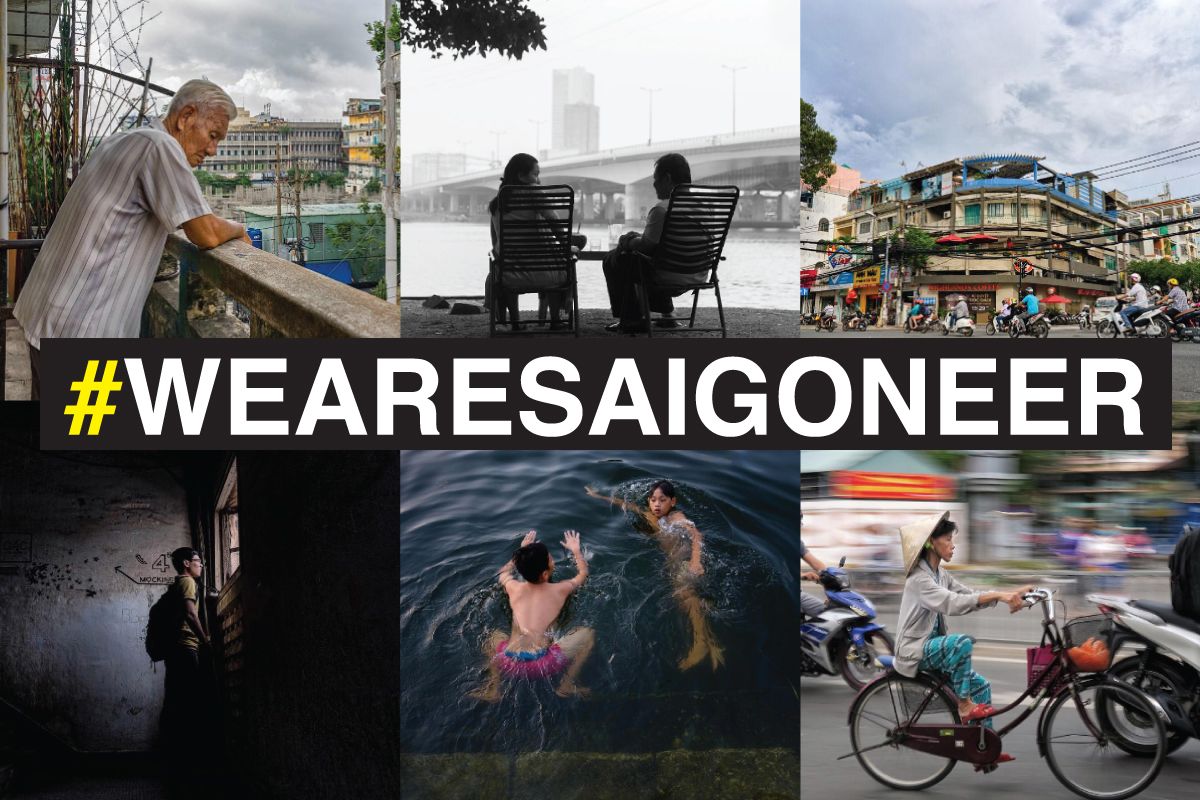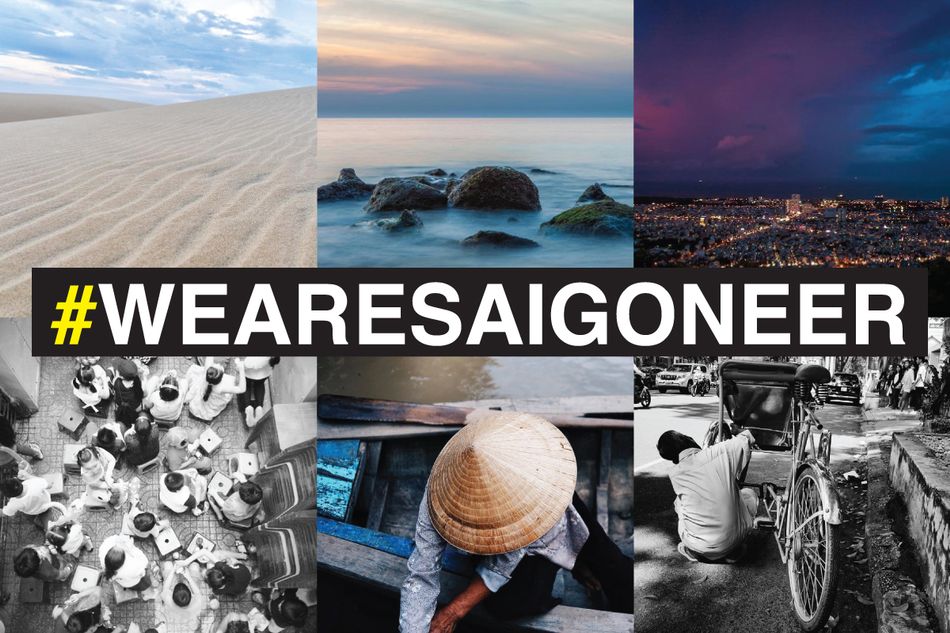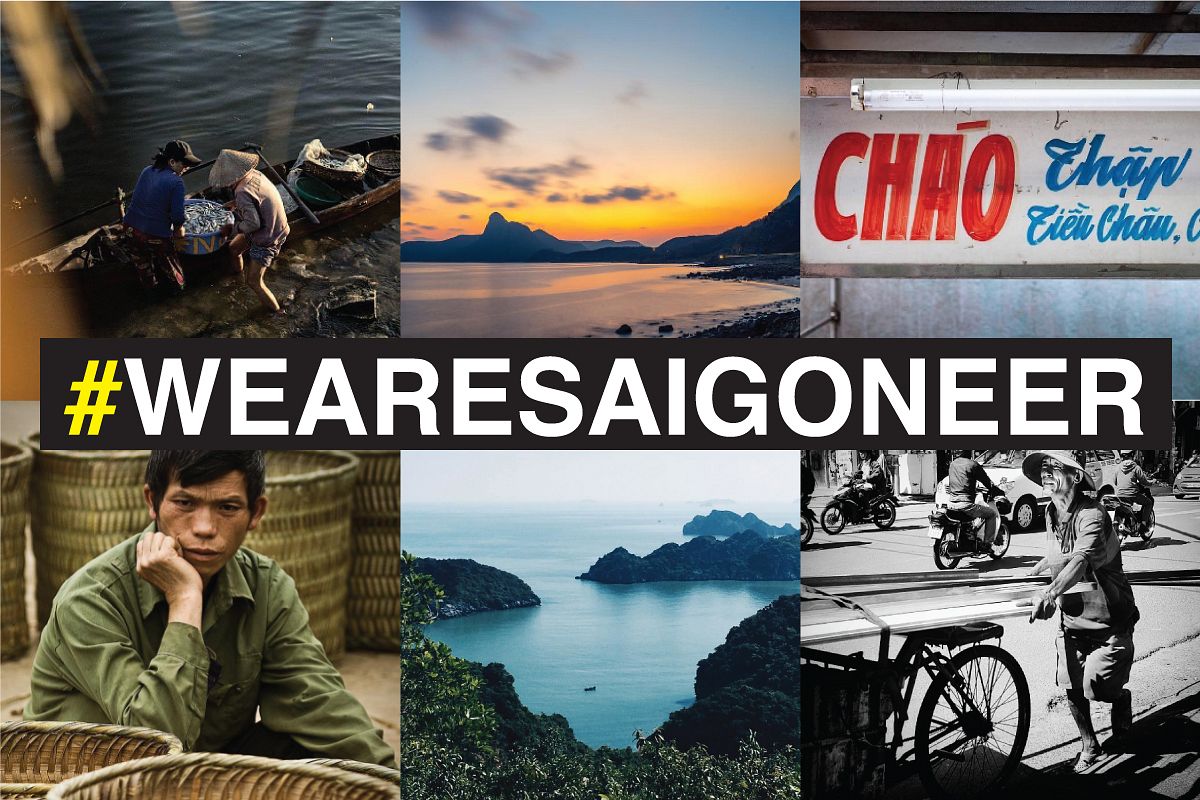With China blocking South Korean film and television from its airwaves, Hallyu is now headed straight for Southeast Asia.
According to the Korea Times, a recent crackdown among Chinese media outlets has pushed South Korean television series and music out of public view. Though K-dramas and K-pop have been steadily gaining popularity among Chinese citizens, political tensions over the deployment of a Terminal High Altitude Area Defense (THAAD) anti-missile system battery on the Korean peninsula prompted China to institute a de facto ban on South Korean, or Hallyu, content.
Although China cited the THAAD deployment in its decision to do so, South Korean entertainment industry insiders believe this was merely an excuse to push Hallyu out of the country in favor of its own, homegrown Chinese content.
The Korea Times spoke to one entertainment industry professional, Yoon, who declined to give his full name. According to Yoon, the peak of China’s Hallyu acceptance came in 2012 and 2013, namely with the premiere of K-drama My Love From the Star. By 2014, Yoon told the news outlet, members of the Chinese entertainment industry began hiring their South Korean counterparts to aid in elevating the country’s own content in addition to showing South Korean programs on TV.
While this new decision places a roadblock squarely in front of South Korean entertainment executives, China’s refusal to screen such content has set the Korean Wave on a crash course with Southeast Asia, where young viewers are eager for K-drama and K-pop.
Though Vietnam represents the smallest Hallyu market in the region, its 6.3% annual economic growth rate makes the country Southeast Asia’s second fastest growing market behind only Indonesia, according to the Times.
"More than half of the Vietnamese population is in their 20s and 30s,” Yoon told the news outlet. “The younger generation is sensitive to trends and we see a huge potential for Korean content development over the next 20 to 30 years there. Vietnamese people love romantic Korean TV dramas."
The region may prove a boon for South Korean entertainment executives, providing much-needed alternatives as Hallyu’s two more traditional markets – China and Japan – face instability due to political tensions. In turn, Korean influence has also lent a helping hand to Vietnam’s film industry, providing funding and technical expertise to local projects and bringing high-quality remakes of its own to the big screen. In 2015, Em La Ba Noi Cua Anh (Sweet 20), a local remake of a South Korean film, became the most-watched Vietnamese movie of all time, according to Business Korea.
However, the CEO of South Korean entertainment company ShowBT, Geong Seong-han, also warned the Times that Hallyu production in Vietnam is not without its challenges. As the country’s film industry continues to grow, the technical skills of local film professionals are not yet on par with South Korea’s industry, Geong told the news outlet, nor is the timeliness of film production.
Still, it appears Southeast Asia is Hallyu’s best bet for the near future. In the wake of the THAAD announcement, which Reuters reported late last year, China has responded by cancelling several performances by Korean musicians and pulling the television debut of a handful of K-dramas. This has had little effect on Hallyu’s popularity: according to the Korea Herald, the K-drama Goblin – also known as Guardian: The Lonely and Great God – was among the top search terms on Chinese search engine Baidu and the most-watched television series during the lunar new year holiday. However it remains unclear how long the country’s de facto Hallyu ban will continue. In the meantime, Southeast Asian viewers seem happy to replace their Chinese counterparts as K-drama superfans.
[Photo via One Day Korea]














